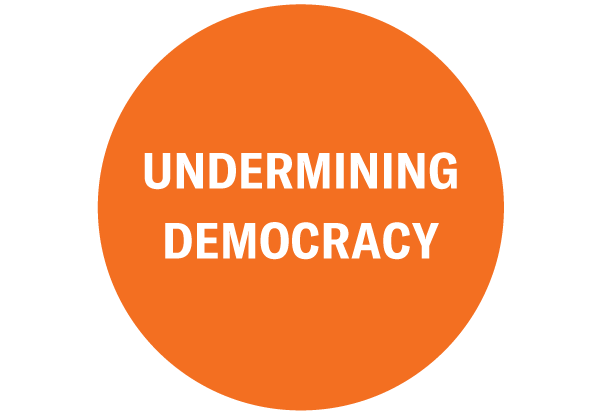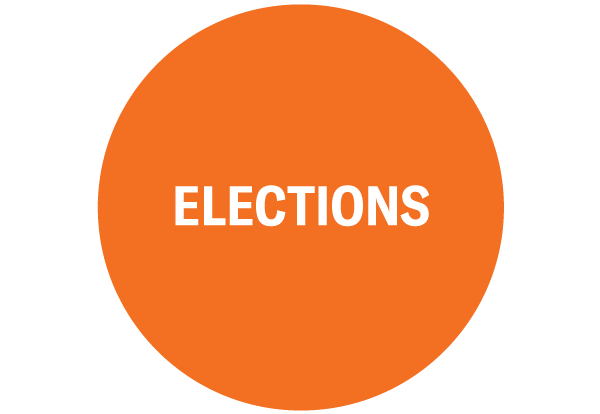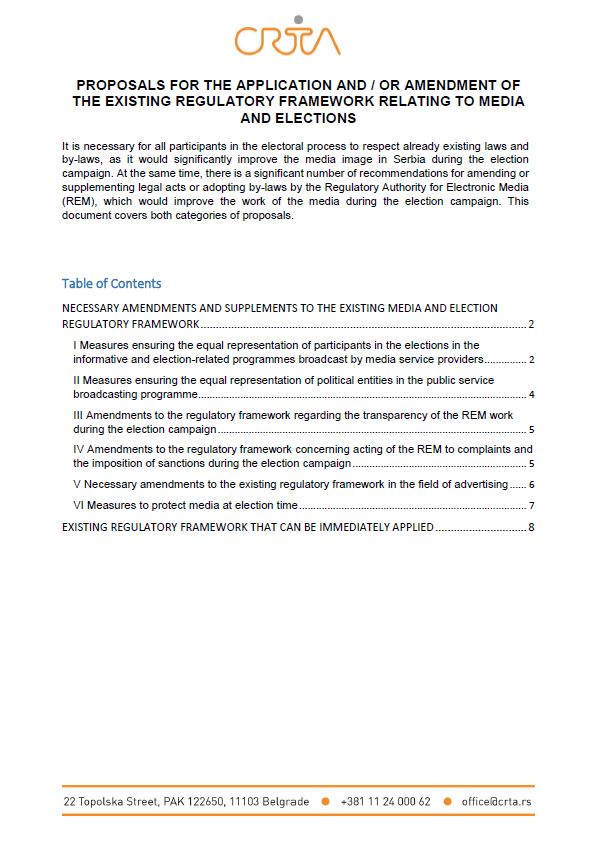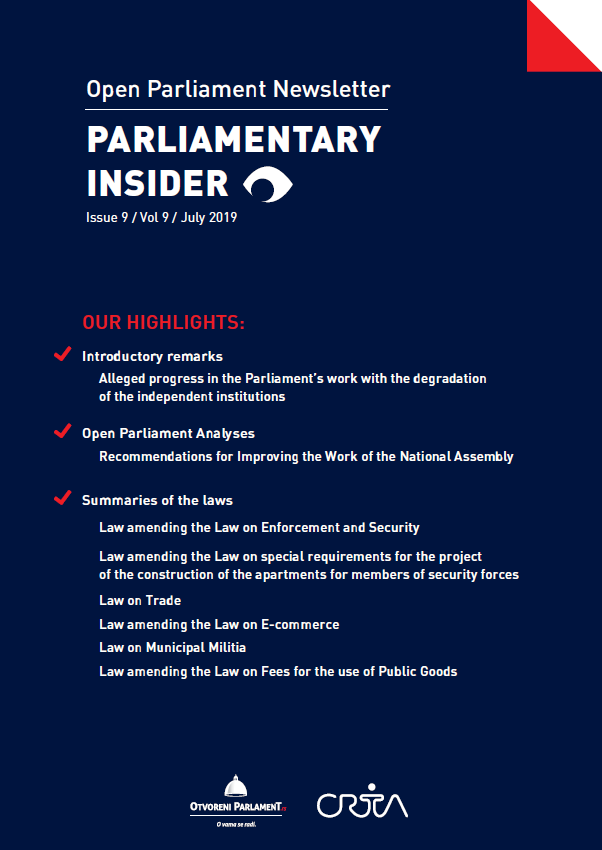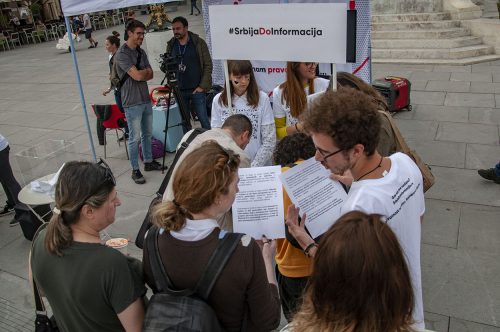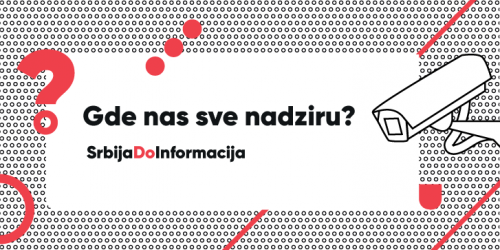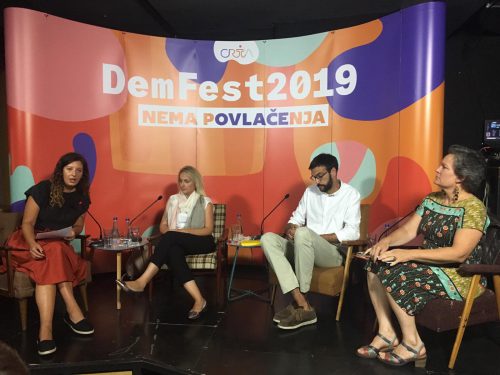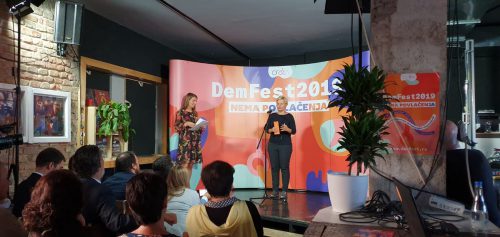Since the Rulebook on electronic media obligations during the election campaign was repealed in February 2019, and drafting of a new one did not begin eight months later, CRTA prepared and offered a draft of the new document. CRTA prepared the draft Rulebook on the basis of the findings of monitoring previous election cycles and…
It is necessary for all participants in the electoral process to respect already existing laws and by-laws, as it would significantly improve the media image in Serbia during the election campaign. At the same time, there is a significant number of recommendations for amending or supplementing legal acts or adopting by-laws by the Regulatory Authority…
In the case of a chauvinist attack of the Happy TV on the professor Danijel Sinani, we are yet again confronted with a situation where institutions do not do their jobs, do not protect citizens’ rights, and do not respond to an obvious example of illegal behaviour.
If you want a better quality environment, a nicer neighbourhood, a happier community – create one! We made it easier for you this time because the PROMENI platform is now at the service of citizens across Serbia. It is intended for anyone who wants to kick off an activity in order to create a positive change in their local environment.
Citizens of Belgrade require from the Ministry of Interior more information about video-surveillance
At the street action “We have the right to know: Where are we all being monitored?”, the Belgraders sent more than 200 requests to the Ministry of Interior, asking which locations were covered by the identity recognition system, how much funding was allocated for video surveillance equipment and which method of surveillance proved to be…
On the occasion of the Week of the Public’s Right to Know, CRTA is organising a street action in Belgrade, on Wednesday September 25 th , wishing to urge citizens to ask the competent institution (Ministry of the Interior) whether automatic identity recognition system jeopardises citizens’ privacy. Within the campaign Serbia to information, a street action will be organised at Republic Square, from 4 to 6 pm.
The growing gap between the poor and the rich is one of the main strongholds of distrust in democracy. But the biggest problem is currently happening to the middle and middle-lower class, who are rebelling because they had reason to expect more than what is now being accomplished”, was the conclusion brought by the discussion…
The opening ceremony for the “Academy of Democracy” organised by CRTA with the support of OSCE Mission in Serbia and the National Democratic Institute, was held within the Democracy Festival. At the opening, the CRTA director Vukosava Crnjanski point out that for the fourth year in a row, the Academy of Democracy program had been…
Our topics

Democratic culture
Because politics is not just for politicians. It is our human and citizen right to participate in the processes of making decisions which influence our lives. A dialogue has no alternative.

Free and fair elections
Because elections are the pillars of democracy. It is every citizen’s right to decide on whom to give his/her vote in free and fair conditions. Our vote is valuable and it can make a difference.

Open institutions
Because institutions serve the citizens. We need strong institutions with integrity which protect the public interest.

Free media
Because media should ask questions and critically analyse the reality. We need the media which protect the public interest and tackle the needs of the citizens.




